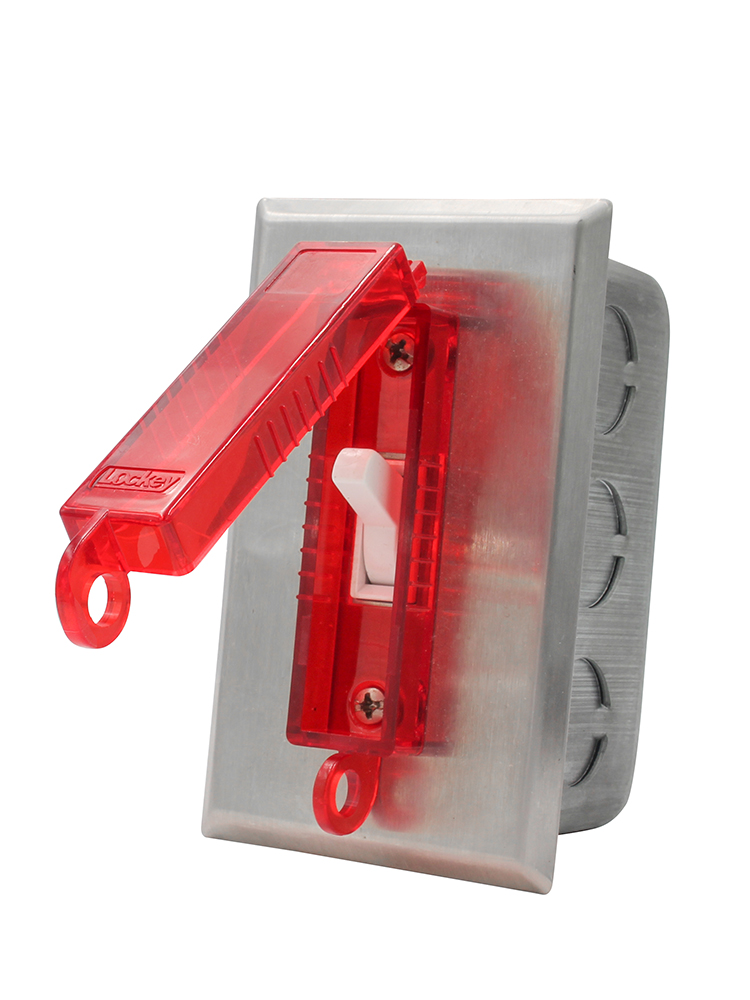Proper locks: Having the right type of locks will go a long way toward ensuring lockout/tagout is successful. While you technically can use any type of padlock or standard lock to secure power to a machine, a better option is locks that are made specifically for this purpose. A good lockout/tagout lock can be color coded and will alert people to exactly why the lock was put in place. This is a much better way to convey the necessary information to those working in the area.
Logs: Keeping track of when a machine is locked out and tagged out is very important. Many facilities will have a centralized log of each time someone implements this strategy. This will allow the safety manager to track when it is being used, and for what reason. Since lockout/tagout requires the machines to be completely shut down, this log will provide valuable information for ensuring it is only used when appropriate. It will also be helpful for investigating any potential accidents that do occur.
Lockout/tagout signs: Having a lock and tag on an electrical source is an essential part of the LOTO program. In many situations, however, it is also important to place a sign or label on or around a main control area, so everyone knows why a machine is down. Labeling for lockout/tagout will help to convey the necessary information to those in the area, so they don’t start looking for how to restore power.
Facility specific tools: Your facility can also come up with a list of tools that need to be used alongside the tag for an effective lockout/tagout strategy. This could include the tools listed here, personal protection equipment, or any number of other things. Taking the time to discover exactly what you need to run a successful lockout/tagout strategy is well worth the effort.

Post time: Sep-08-2022






